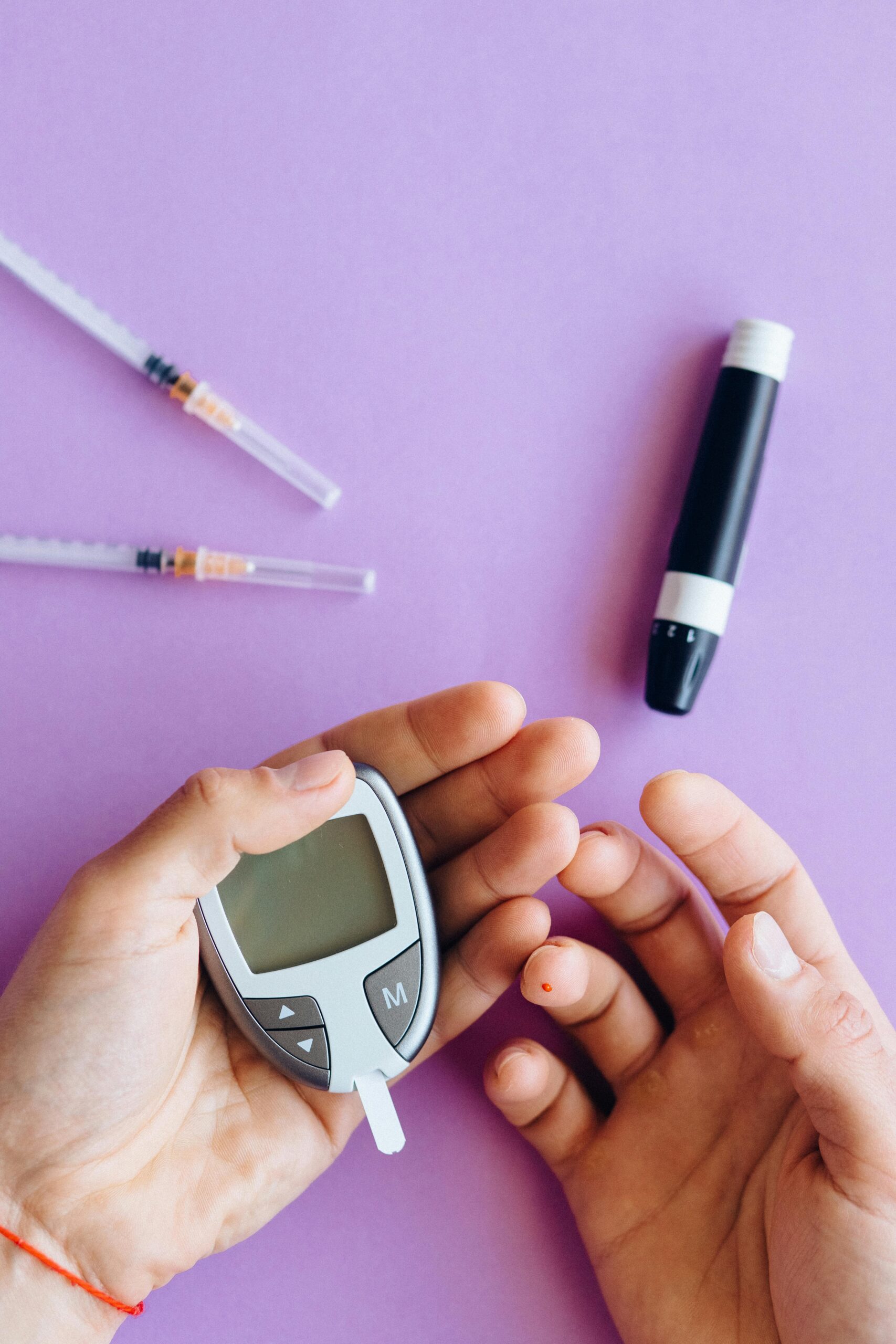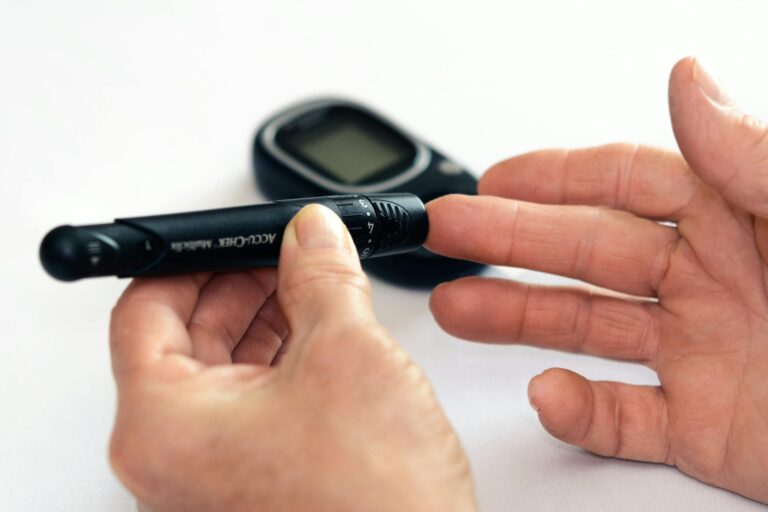Best Diabetic Medicines: Complete Guide for Type 1 & 2
Top Diabetic Medicines: A Comprehensive Guide to Managing Diabetes
Diabetes is a chronic condition that affects millions of people worldwide, and managing it requires a combination of lifestyle changes and medications. In this article, we’ll dive deep into diabetic medicines, exploring various options available today. Whether you’re newly diagnosed or have been living with diabetes for years, it’s important to stay informed about your medication options and how they can help you maintain control over your blood sugar levels. This guide is designed to provide detailed, actionable information on diabetic medicines, helping you make informed decisions for your health.
Introduction to Diabetic Medicines
Diabetic medicines play a crucial role in the management of both Type 1 and Type 2 diabetes. With advances in medical science, several effective treatments have become available to control blood glucose levels and prevent complications. These medicines are either prescribed by doctors or are available over the counter, and understanding their mechanisms is essential for proper diabetes care.
For those who are managing diabetes through a combination of medication, diet, and exercise, knowing which medicines are available and their specific purposes can be overwhelming. This guide aims to break down the different types of diabetic medicines, how they work, and what you need to know before incorporating them into your health regimen.
Types of Diabetic Medicines
There are two main categories of diabetic medicines:
- Insulin Therapy: Primarily used for Type 1 diabetes but can be prescribed for Type 2 in some cases. Insulin helps to replace the hormone your body cannot produce.
- Oral Medications: Mostly used for Type 2 diabetes, oral medicines work in various ways to either increase insulin production, improve insulin sensitivity, or reduce glucose absorption.
Each type of medicine serves a unique role in diabetes management, and your healthcare provider will typically guide you in choosing the right one based on your specific condition.


How Diabetic Medicines Work
Diabetic medicines are designed to manage blood sugar levels, either by helping your body produce more insulin or by increasing your cells’ sensitivity to insulin. They also help the body process carbohydrates more effectively and reduce the liver’s production of glucose.
For Type 1 Diabetes: Insulin injections are the primary method of treatment since the body cannot produce enough insulin on its own.
For Type 2 Diabetes: A wider range of treatment options exists, including oral medications and injectable non-insulin drugs that help lower blood sugar by various mechanisms.
Understanding how each type of medication works can help you decide which treatment may be best suited to your lifestyle and condition.
Top Prescription Medications for Type 1 Diabetes
For those diagnosed with Type 1 diabetes, insulin therapy is the cornerstone of treatment. There are several types of insulin available, each designed to work in different ways.
1. Rapid-Acting Insulin
This type of insulin begins working within 15 minutes after injection and lasts for a few hours. Examples include:
- Humalog (Insulin Lispro)
- NovoLog (Insulin Aspart)
2. Long-Acting Insulin
Long-acting insulin is designed to control blood sugar levels over a long period, usually between 24 and 36 hours. Examples include:
- Lantus (Insulin Glargine)
- Levemir (Insulin Detemir)
These types of insulin are usually injected once or twice daily and provide a stable baseline of insulin in the bloodstream.
Top Prescription Medications for Type 2 Diabetes
When it comes to managing Type 2 diabetes, medications are often prescribed to help the body better utilize insulin. Below are some of the most common medications used to manage Type 2 diabetes:
1. Metformin
One of the most prescribed medications for Type 2 diabetes, Metformin helps decrease glucose production in the liver and increases the body’s sensitivity to insulin.
2. Sulfonylureas
These medications work by stimulating the pancreas to release more insulin. Some common examples include:
- Glipizide
- Glyburide
3. GLP-1 Receptor Agonists
GLP-1 receptor agonists are injectables that help your pancreas produce more insulin when needed and slow down digestion. Examples include:
- Trulicity
- Ozempic
Over-the-Counter Medicines for Diabetes Management
While most effective diabetic medicines require a prescription, there are some over-the-counter (OTC) options that can assist with blood sugar control and managing symptoms. These include:
- Alpha-Lipoic Acid (ALA): Known for its antioxidant properties, ALA may help lower blood sugar levels and improve insulin sensitivity.
- Chromium Supplements: Chromium plays a role in regulating insulin and may assist with glucose control in some individuals.
Though these supplements may provide some benefit, they should never replace prescribed medications. Always consult with a healthcare provider before adding any new OTC product to your diabetes management plan.
Herbal and Natural Alternatives to Diabetic Medicines
In addition to prescription and over-the-counter medicines, some people seek herbal or natural remedies to help manage diabetes. While these options may provide supplemental benefits, it’s important to use them under medical supervision. Popular herbal remedies include:
1. Bitter Melon
Bitter melon is a plant-based remedy that has been shown to help lower blood sugar levels in some studies. It can be consumed as a juice or taken in capsule form.
2. Fenugreek
Fenugreek seeds are rich in soluble fiber, which may help improve blood sugar control. They are often used in powder form or added to meals.
3. Cinnamon
Some studies suggest that cinnamon can help lower blood sugar by increasing insulin sensitivity, making it a popular natural remedy for diabetes.
While these remedies can be a useful addition to a diabetes management plan, they should not be used as standalone treatments.
Potential Side Effects of Diabetic Medicines
Like any medication, diabetic medicines come with the possibility of side effects. Some of the most common side effects include:
- Low Blood Sugar (Hypoglycemia): Certain medications, such as insulin and sulfonylureas, can cause blood sugar levels to drop too low.
- Digestive Issues: Metformin can cause gastrointestinal symptoms, including nausea, diarrhea, and stomach pain.
- Weight Gain: Some diabetes medications, particularly insulin and sulfonylureas, may lead to weight gain.
It’s important to monitor your body’s reaction to any new medication and consult your doctor if you experience any adverse effects.
How to Choose the Best Diabetic Medicine for Your Needs
Choosing the best diabetic medicine depends on several factors, including:
- Type of Diabetes: Type 1 and Type 2 diabetes require different treatments.
- Overall Health: Certain medications may not be suitable if you have other underlying health conditions.
- Lifestyle Considerations: Some medications require strict dosing schedules or dietary adjustments, which may not fit everyone’s lifestyle.
It’s important to work with your healthcare provider to determine which medicine is best suited for your individual needs.
FAQs About Diabetic Medicines
Q1: Can I stop taking my diabetic medicine if I start feeling better?
No. Stopping your medication without consulting your doctor can lead to uncontrolled blood sugar levels and serious complications.
Q2: Are there any non-prescription alternatives to insulin?
There are no effective over-the-counter alternatives to insulin for managing Type 1 diabetes. However, Type 2 diabetes may be managed with other oral or injectable medications.
Q3: How often should I take my diabetic medicine?
The frequency of medication depends on the type of drug prescribed. Always follow your doctor’s instructions.



